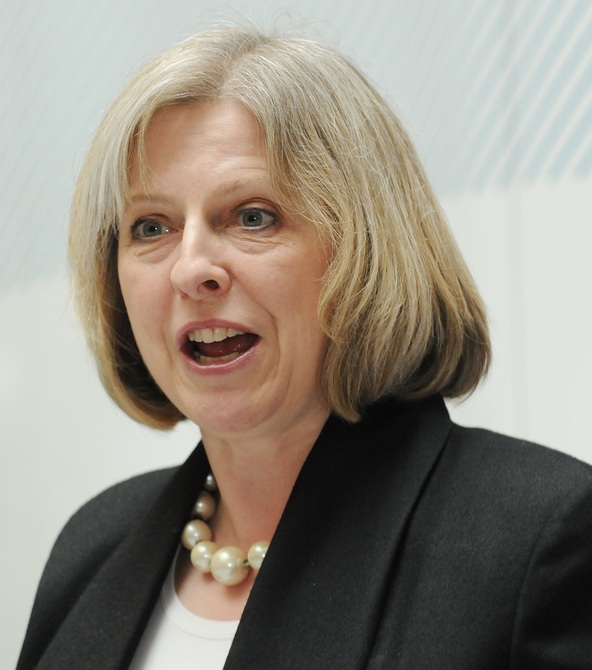Has the UK given up its tax and banking veto?
Britain has a veto over tax measures, but for some issues that affect UK banks and financial institutions can be out-voted by other EU members.
The EU has no control over the most important taxes, such as income tax and National Insurance, as well as taxes such as stamp duty on properties and inheritance tax. All national governments within the EU have control over setting these taxes.
Nor does the EU have any say over how the taxes governments collect should be spent. There are no plans to change that.
The current rules mean EU countries can only apply zero or reduced VAT rates to an agreed list of goods and services. That list can only be changed by unanimous agreement of all 28 governments, meaning
everyone has a veto over what's on it.
For example, all 28 members had to agree to new VAT proposals, which would pave the way for the UK to remove VAT from sanitary products - the so-called tampon tax.
There are no plans to scrap the power of veto in this area either.
EU countries also agree minimum duties on alcohol, fuel and tobacco. The UK imposes significantly higher duties on all those products.
These minimums also have to be agreed by
unanimity, so the UK has a veto over them too.
Many of the issues affecting financial institutions do not require unanimous agreement. That means no country has a veto as they are decided by qualified majority voting, which requires the agreement of at least 55% of the member states, representing 65% of the population of the EU.
For example, the UK government was outvoted in 2013 when the EU decided to put a cap on bankers' bonuses, despite strongly opposing such a move.
http://www.bbc.com/news/uk-politics-eu-referendum-36101443




